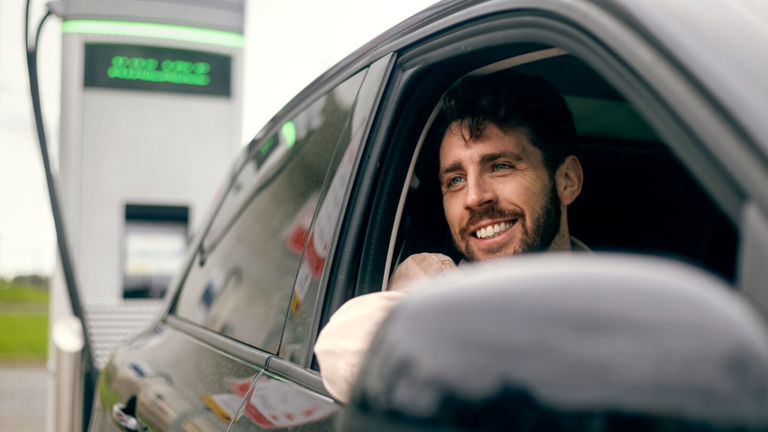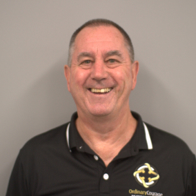
you.connect
Our Top Picks.

Deep Diving the Environmental Impact of Electric Cars

Cost-of-Living Insights for Australian Households: Stressors and Savings
See how age, income and housing shape financial stress in Australia. Explore nationwide insights into the cost-of-living crisis and everyday challenges.
Special Reports.

EV Data Digest
We asked Australians what they think about electric cars – the barriers holding them back, what’s driving interest, how they see insurance, and how confident they feel about buying one.

Australia’s Unofficial Road Rules
We reveal Aussies’ attitudes to motoring manners and create the Australian Unofficial Driving Etiquette Act, 2024.

Aussie Car Confessions
Discover Youi’s insights into the habits, emotional connections and daily behaviours of Aussie drivers.

Are you prepared for severe weather?
Visit our you.prepared hub for expert tips and practical information to help get ready for severe weather.
Articles and Guides.
VIEW ALL
How Much Does a Tow Truck Cost in Australia?

Is Car Insurance Compulsory in Australia?

How To Protect Your Car From Hail In Severe Storms

Comprehensive Car Insurance Costs: How Premiums Are Calculated
you.prepared
VIEW ALL
7 Ways to Prepare Your Home for Severe Weather

How to Prepare for a Storm Without Breaking the Bank

How to Create a Severe Weather Emergency Plan

Weather Warnings in Australia – and What They Mean for You
News and Media.
VIEW ALL
Youi and Lions Team Up for a Big 2025 AFLW Season

Youi Cleans Up at the 2025 Canstar Awards

Youi Helps Expand Brisbane Lions’ Wellbeing Program Across Queensland

Youi and the Brisbane Lions Bring Guernsey Swap to Cherbourg
Youi Stories.
VIEW ALL
Youi Wrapped: 10 Insurance Trends for 2025

The Mother-Daughter Bond that Fuels Jade Ellenger's Full-Throttle Life

Belle Dawes & Ben Stanley: The AFLW Star's Strong Connection with Her Number 1 Fan

Josh and Kyle Dunkley: From Competitiveness as Kids to Shared AFL Pride
Our Authors
View All
Chelsea Spresser
Journalist & Communications Professional

Katrina Sichlau
Commercial Content Editor

Helen Dewar
Senior Commercial Content Editor

Emma Schafer
Senior Commercial Content Editor

Amanda Dardanis
Journalist & Senior Content Editor

Lee Mylne
Journalist & Content Creator

Claire Burke
Journalist & Communications Professional

Dylan Campbell
Motoring specialist

Jim Smith
Former Deputy Commissioner for Fire and Rescue NSW & General Manager of Ordinary Courage.

Mark Dobson
Active firefighter and Founder of Ordinary Courage




